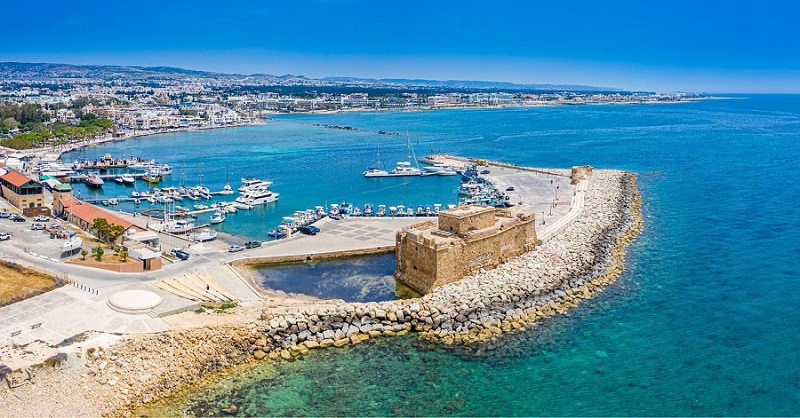Speaking to the Cyprus News Agency (CNA), Loizides said that bookings were “frozen around mid-July due to conflicts in the (East Mediterranean) region“, as well as a string of wildfires.
Visitors are “very afraid of fires“, he stressed, not only in Cyprus and Greece, but also Turkey and Spain.
“Whenever a large-scale fire breaks out we see bookings freeze,” he said.
Nevertheless, he described the flow of bookings as satisfactory, especially during the first ten days of August.
In this context, he pointed out that there was strong demand from Cypriot visitors who, as he emphasised, “helped greatly”.
“Cypriot visitors saved the day,” he said.
However, he described August in general as somewhat challenging due to the prevailing heat and the fires, which created problems in reservations.
According to figures from the Deputy Ministry of Migration, and shared on Economy Today, 518 permits had been granted by the end of June 2025, together with 389 for family members.
The programme saw its busiest year in 2023, when 371 new applications were filed, before interest slowed in 2024 and into the first half of this year.
Renewals, however, remain strong, with 306 digital nomads choosing to extend their stay. The approval rate exceeds 92 per cent, with rejections described as limited.
Russian nationals account for the overwhelming majority of applicants, followed by citizens of Israel, the United Kingdom, Belarus and Ukraine.
The Eastern Mediterranean has the potential to become a significant hub for the production and export of hydrogen, according to a recent mathematical forecasting study by Frederick University’s H2Zero research unit.
For Cyprus, the forecast indicates that natural gas production could rise from six billion cubic metres in 2026 to a maximum of ten billion cubic metres by 2035.
This would allow the production of more than four billion kilogrammes of hydrogen through natural gas reforming by 2050.
According to a statement from the university, the natural gas reserves of the Eastern Mediterranean can serve as a sustainable transitional fuel when combined with hydrogen production and the integration of renewable energy sources.
This combination, the announcement pointed out, provides a technically and economically sound opportunity towards a decarbonised energy system.
According to the ministry, the portal will give shipowners, managers, lawyers, seafarers and classification societies access to services such as ship registration and registry transactions.
It will also cover technical and environmental matters for Cyprus-flagged vessels, seafarer training and certification, the tonnage tax system, and procedures for small or high-speed craft.
Cypriots rated their satisfaction with their financial situation at 6.4 out of 10 in 2022, up from 5.2 in 2013 and 6.1 in 2018, according to figures from Eurostat released on Thursday.
The figure leaves Cyprus just short of the EU average of 6.6, despite one of the sharpest improvements in the bloc over the past decade.
At the top end, people in the Netherlands and Finland reported the highest levels of financial satisfaction at 7.6, followed by Sweden (7.4) and Austria (7.3).
On the contrary, Bulgaria scored the lowest with 4.6, while Greece stood at 5.3, alongside Croatia (5.7), Slovakia (5.8) and Hungary and Latvia (both 5.9).
According to the announcement, the first call for applications is open until October 15, 2025.
Operated by the Eratosthenes CoE with the support and funding of the Deputy Ministry of Research, Innovation and Digital Policy, the incubator is designed to empower startups and entrepreneurs using satellite data, space technologies or geoinformation services to meet societal and market-driven needs.
The centre explained that each selected participant or team will be eligible for up to €50,000 in non-equity de minimis support to develop prototypes, validate technologies and scale innovations.






Click here to change your cookie preferences